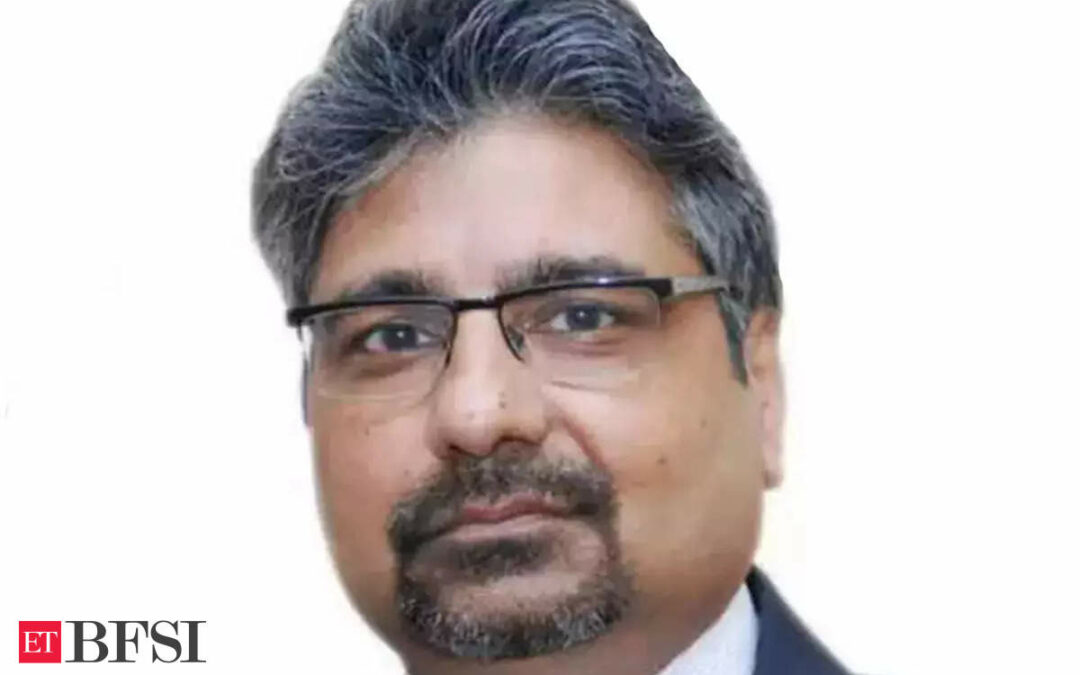“No, I do not foresee any challenges and guidance which we are giving for the next financial year 11% to 12%. It is easily achievable because our focus is on the RAM, that is our focus area,” says Atul Kumar Goel, MD & CEO, PNB.
First up, let us talk about the numbers and the kind of performance that we have seen because the advance growth this quarter was below your guidance. We saw that weakness was there even on the deposit front. What led to the fall in advances and what about the way forward there?
As far as the credit growth is concerned, it is 11.2% as against the guidance of around 12% to 13%. If you see our growth was in June and September, December was within the same line because in the last year March 23 there was a bulk deal we have done as far as in credit side, this was the reason the growth was 11.2% and we are giving the guidance for the next financial year between 11% to 12%.So, what about the guidance for FY25 now for advances and deposit growth? Do you foresee any challenge in growth? Will the base effect kick in for FY25?
No, I do not foresee any challenges and guidance which we are giving for the next financial year 11% to 12%. It is easily achievable because our focus is on the RAM, that is our focus area.
As on date, our ratio of the RAM to the total credit is around 55% and we want to increase this ratio to 60% in two to three years’ time.
For the current financial year 24-25, we have set a target of around 57% and remaining 43% will be the corporate advance because we are one of the largest bank of the country.
We were doing the corporate finance. We are doing and we will be doing also. So, there should not be any challenge as of yet. And there is a very good demand in the retail loan, whether it is a housing loan or the vehicle loan. If you see the growth in the last year, in housing it was more than 14% and vehicle it was 25%.
Also talk to us about the asset quality because it has been overall improving but there are segments like MSMEs as well as agri where the gross NPAs continue to be elevated. What about bringing the asset quality under check as far as these two segments are concerned?
As far as our guidance is concerned for the gross NPA, we have already achieved 5.73 and the guidance for the next year is 24-25, below 5% and as far as net NPA is concerned that is below 0.50% because we have already achieved 5.73%.
I will tell you one more thing also because we have taken a lot of initiative in the last two years, how to improve the underwriting standard and how to improve the collection efficiency. I will give one data in support of my contention because if you see from the 1st of July 2020 to 31st March 2024, it is a data of more than three-and-a-half years.
So, how the new underwriting is behaving? We have sanctioned around 7.82 trillion loans. We have also sanctioned outstanding in this loan of the last three-and-a-half years more of around 5.53 and in this new underwriting the NPA is only 1700 plus crore which is coming 0.25% of the total outstanding.
Even segment wise also if you see the agriculture it is only 0.38, MSME it is 1.42 and retail it is 0.21. So, this is giving the confidence that there will not be much slippage in times to come also.
So, while recoveries are strong, fresh slippages have also increased this quarter. Is there any particular segment where stress is building in?
No. Actually, if you see little bit is on the higher side as against the 1700 plus, in December it was 2200. It is in the small account. It is from the RAM sector. There is no much account delinquency from the corporate account. And if you see the slippage for the whole of the year, it has a 0.70% which has reduced the ratio of the last year. It was around 2.31%. So, we are giving the guidance for the 24-25. Our slippage will be less than 1%. Although it looks little high as compared to the previous quarter, but considering the credit book of the 9.83 trillion, the 2200 number I think is a very reasonable number.
But the other thing we want to discuss which has been making headlines is of course the new RBI provisioning norms which have come in. It is of course at the proposal level right now. But you do have a corporate book of around 43%. Any initial estimates as to what could be the impact, what percent of book might fall under this category?
Actually, this is draft guidelines which was released by the regulator on the 3rd of the May. At least it is a consulting paper which they have asked the comment from all the stakeholders whether it is from the bank side and from the other borrower side also. So, I do not foresee any challenge because the purpose of the circular is based on the risk perception and to bring in the discipline in the project financing and timely completion of the project.
So, I think there should not be any issue. We should wait for the final guidelines. As far as PNB is concerned, what will be the final guidelines, we will be in a position to implement without any worry.
Given the recent development from here on, will you approach the corporate book change that you are anticipating or anticipating slowdown in the corporate book?
As I told you 11% to 12% we are giving the credit growth because we are one of the largest bank of the country. As I told you focus will be on the RAM side, but we will also be doing the corporate financing because for the economic growth of the country to give the loan to the corporate is very-very essential for all the financial institutions.
The NIMs have remained well under the expected range as well. But given the competition is rising, there is a bit of volatility expected on the CASA side as well. What is the expectation of how the NIMs will move over the next few quarters?
Actually, if you see the CASA percentage of the bank, it is around 41.40% and our endeavour will be to increase to 42% for the current financial year. Because we are having the network of the 10,000 branches and last year we have opened many accounts for the saving bank and more than 2.5 lakh account for the current account.
As against the 88 lakhs we have opened 2023 same account, around 2 lakh account we have opened for the current account.
So, money will flow in this account also. The reason for declining the CASA percentage is because there is now a gap between whatever the interest rate is being paid on the saving bank and the interest paid there is a wide gap.
So, if some of the saving bank account if they are having some excess liquidity they are parking that liquidity in deposit. So, money will remain with the bank. This was the only reason. So, we are trying to improve this ratio to 42%.









